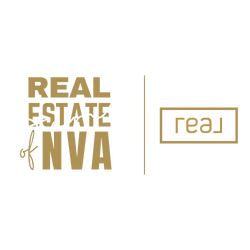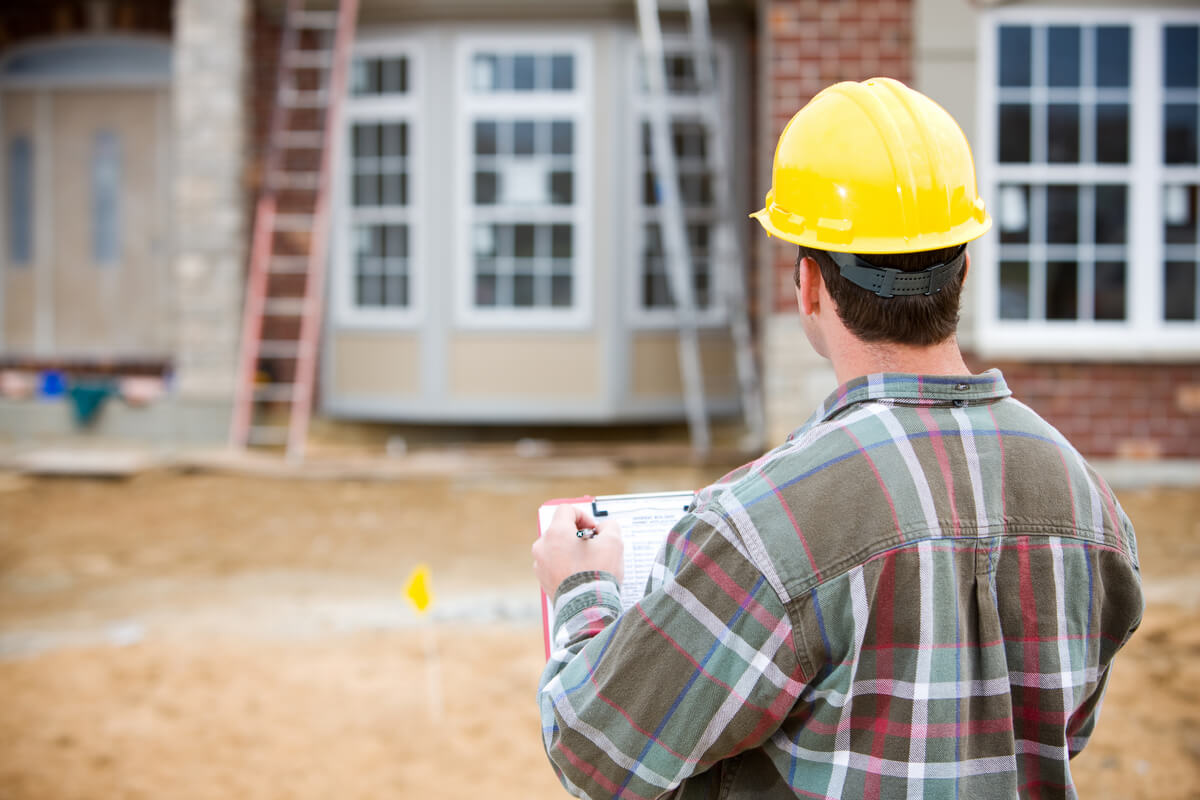There are a number of steps involved in the process of buying or selling a home, and one of the most important is the home inspection. Whether you’re the buyer or the seller, you should be aware of any issues in the property that need repair. This could affect the value of the home, so the inspection should be done before you’ve finished negotiating.
A reliable home inspector will do a thorough assessment of the home to identify current problems as well as repairs that may be needed in the near future. These are the main areas your home inspector will look at:

Foundation
Problems with a home’s foundation are typically expensive and serious. Flaws in the foundation could lead to damage throughout the rest of the house, so inspectors should look very carefully at the foundation of your home.
Your inspector will look for cracks in your walls and door frames, which may indicate a problem with the foundation. They’ll also check for unevenness in the floors and gaps in your windows or door frames.
One of the most serious concerns with a home’s foundation is water damage. Your inspector should check the grade of the land surrounding the home to assess whether the ground slopes toward or away from the house.
If the ground slopes toward the home, water could easily enter the basement or damage the foundation. Another key component of a home inspection is signs of water damage, so your inspector will look for moisture or water stains on the basement ceiling or walls.

Roof
Your roof is your home’s main line of defense against the elements, so it needs to be in good condition to prevent water damage or other problems throughout the rest of the house. Replacing a roof is expensive, and even if it’s not an immediate concern, you might think twice about buying a home that will need a new roof in a couple years. Your inspector should be able to estimate when the roof will need replacing based on its current condition.
A home inspection involves checking the shingles for loss of texture, curling, or looseness. All of these issues suggest that the roof is wearing out. Water damage to the roof is a serious concern, too. Your inspector will look for water stains in the attic, algae growth on the shingles, and other signs of moisture damage.
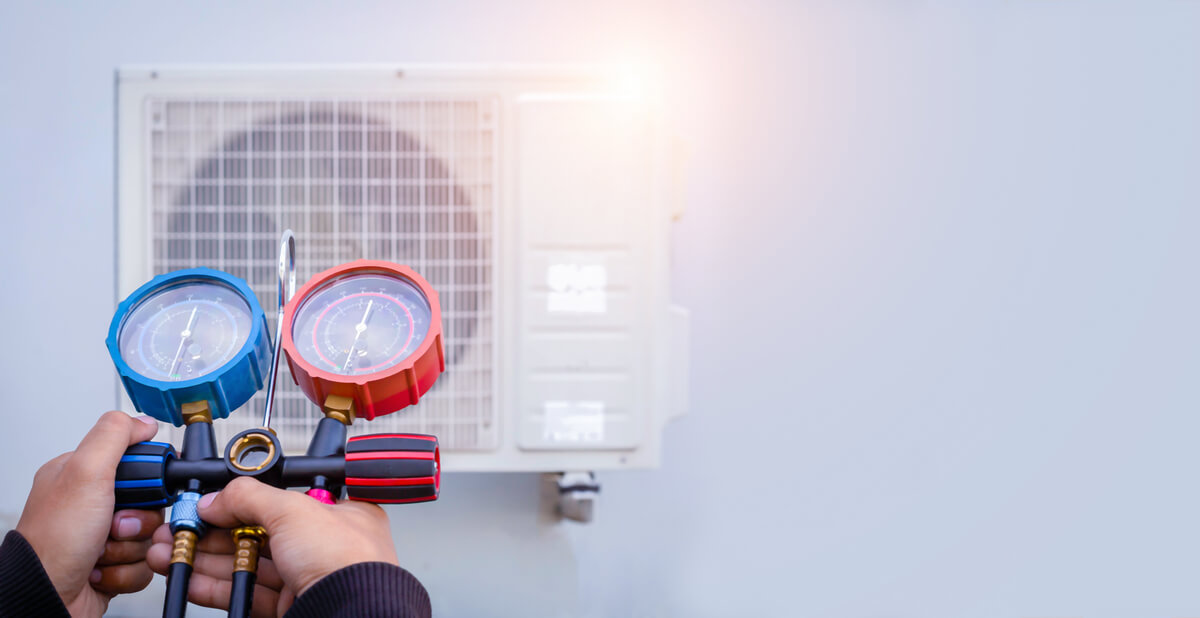
Heating and Cooling Systems
Some HVAC issues require fairly easy and inexpensive repairs, but others are more serious. Your home inspector will run the heating and cooling systems through each cycle to make sure everything works properly. They’ll check for dirty air filters, rust around the units, and cracks in the ductwork.
In most cases, a problem with the heating or cooling system doesn’t make a buyer change their mind about the home. However, these systems do have a finite lifespan, and a full replacement is a major expense.
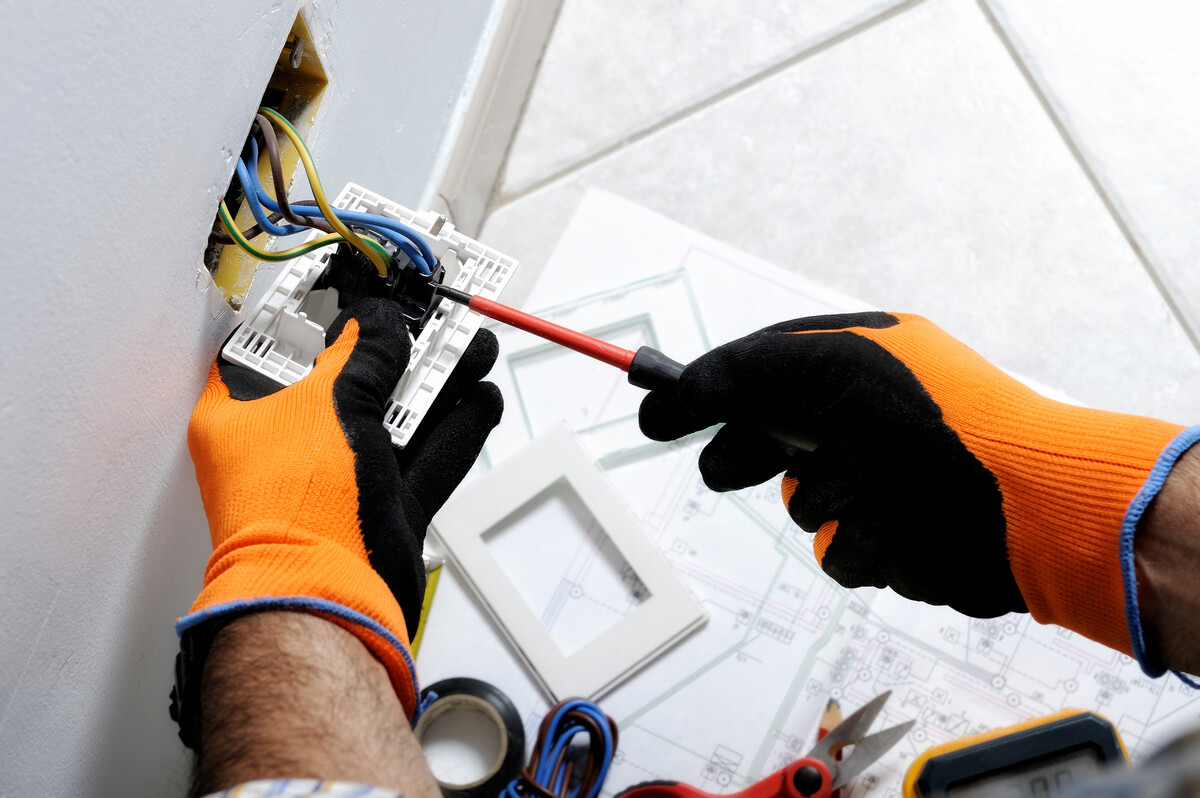
Electrical System
A problem with the electrical system is one of the most dangerous issues you can encounter. Bad wiring and electrical failures are common causes of house fires, which can be completely devastating. If your inspector notices any issues with the home’s electrical system, they should refer you to a licensed electrician for a more thorough evaluation and repair.
Some of the warning signs your home inspector will look for include exposed wiring, painted outlets, modified electrical panels, and ungrounded three-prong outlets. Electrical codes and standards change over time, so practices that were acceptable at the time the home was built may not pass inspection today.

Plumbing
In many cases, plumbing issues go unnoticed for a long time before causing severe damage. Even if the plumbing fixtures in the house appear to work well, there may be hidden leaks, clogs, or other problems.
Your inspector will look for the classic signs of a plumbing problem, including rusty or cracked pipes, leaky faucets, and sediment buildup. Leaks are especially risky as the water can cause irreparable damage to your floors or drywall.
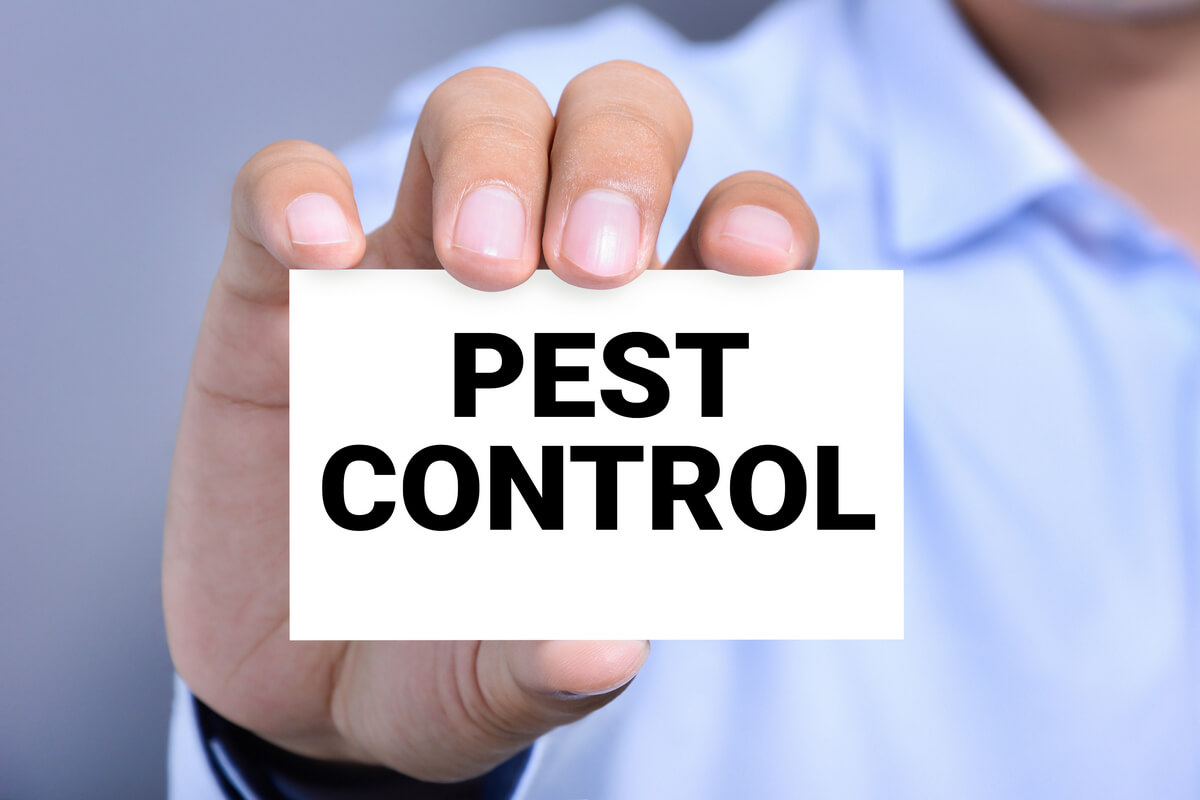
Signs of Pests
Infestations can be present in a home without obvious signs of pests. Even if you don’t see insects or rodents throughout the house, they might be hidden out of sight. Not only can certain pests cause structural damage in your home, but they can also carry harmful diseases.
Your inspector should look for droppings, molted skin, and other common signs of pests as well as possible entry points for insects and rodents. If there are signs of an infestation in the home, you should not buy the property until the seller hires an exterminator and repairs any pest damage that has occurred. Pest problems require professional treatment to prevent reinfestation, so this is an issue you should take very seriously.
As a buyer, the home inspection is your chance to make sure there are no serious problems with the property. If you’re planning to sell your house, hiring an inspector before listing it could save you from an unexpected issue as you near the closing date. Even if you’re not required to get a home inspection, you should never skip this step. The more you know about the home, the less likely you’ll be to encounter a surprising and stressful problem.
Be sure to check out the Home Valuation Tool or reach out for your personalized Home Value Report!
I look forward to supporting you soon!

